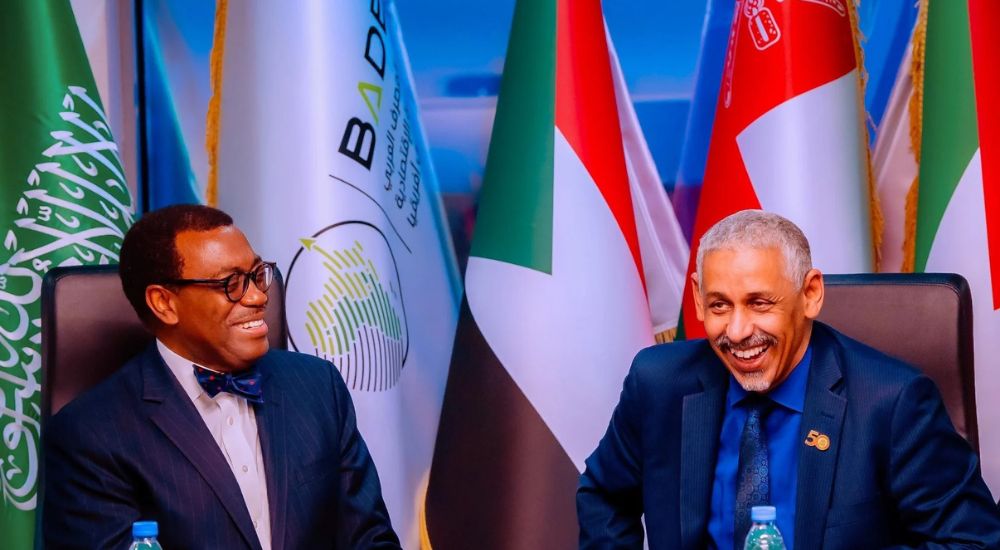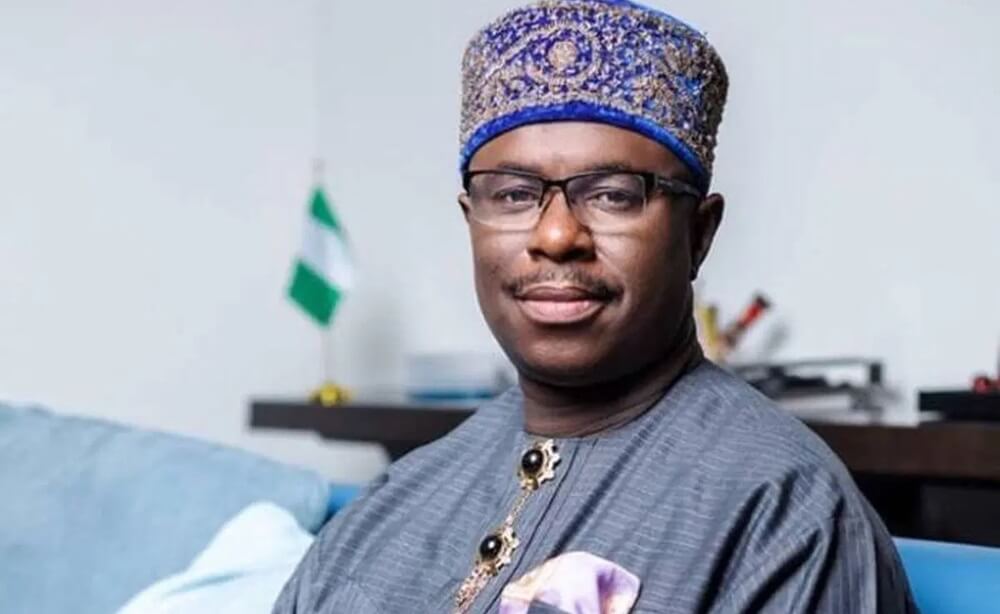World Bank Seeks Results-Oriented Partnerships To Drive Africa’s Progress

The World Bank has called for a stronger shift toward results-oriented and collaborative partnerships to accelerate development across Africa, emphasizing that friendship and goodwill alone are insufficient to meet the continent’s complex and evolving challenges.
World Bank President, Ajay Banga made the call during a tribute to African Development Bank (AfDB) President Dr. Akinwumi Adesina at the closing ceremony of the AfDB’s 2025 Annual Meetings, held in Abidjan, Côte d’Ivoire.
The event marked Adesina’s final Annual Meeting as AfDB president, ahead of his expected departure at the end of August after a decade of leadership.
Banga emphasized that the magnitude of Africa’s development needs—including climate resilience, health systems, energy access, and economic inclusion—requires deep coordination among global financial institutions, governments, and the private sector.
“Friendship alone is not a strategy, and we both knew that,” Banga said, referring to his relationship with Adesina. “What matters now is delivering real impact—measurable, scalable, and sustainable results that improve lives.”
The World Bank President cited the joint Mission 300 initiative as a powerful model of strategic alignment and outcome-focused collaboration. The initiative, developed in partnership with the AfDB, aims to provide electricity access to 300 million people across Africa—250 million through national grid connections and 50 million via decentralized renewable energy solutions.
“It’s a shared ambition to bring energy to 300 million people in Africa—a demonstration of what is possible when multilateral development banks work like a system,” Banga stated.
According to the World Bank, more than 600 million Africans still lack access to reliable electricity, posing a significant barrier to economic growth, education, health, and job creation. Mission 300 seeks to address this gap by leveraging public financing to unlock greater private sector investment in energy infrastructure.
Banga noted that while personal relationships between institutional leaders can help foster goodwill and initial alignment, sustained progress hinges on well-structured partnerships that prioritize impact, innovation, and accountability.
Reflecting on his collaboration with Adesina, Banga recalled visiting the AfDB President before assuming his own role at the World Bank. That early engagement, he said, laid the groundwork for enhanced cooperation between the two institutions.
“We have made real progress in a short time, but the eyes of the world are upon us,” Banga said. “What we need to show is real progress, real results, real opportunities.”
The tribute to Adesina also acknowledged his contributions to Africa’s development agenda over the past decade, during which the AfDB expanded its influence and project portfolio across infrastructure, agriculture, climate finance, and private sector development.
As the development community looks ahead to new leadership at the AfDB, Banga’s remarks underscored the World Bank’s commitment to maintaining and strengthening institutional collaboration—anchored in measurable outcomes and a shared vision for sustainable growth across Africa.
World Bank Seeks Results-Oriented Partnerships To Drive Africa’s Progress is first published on The Whistler Newspaper





